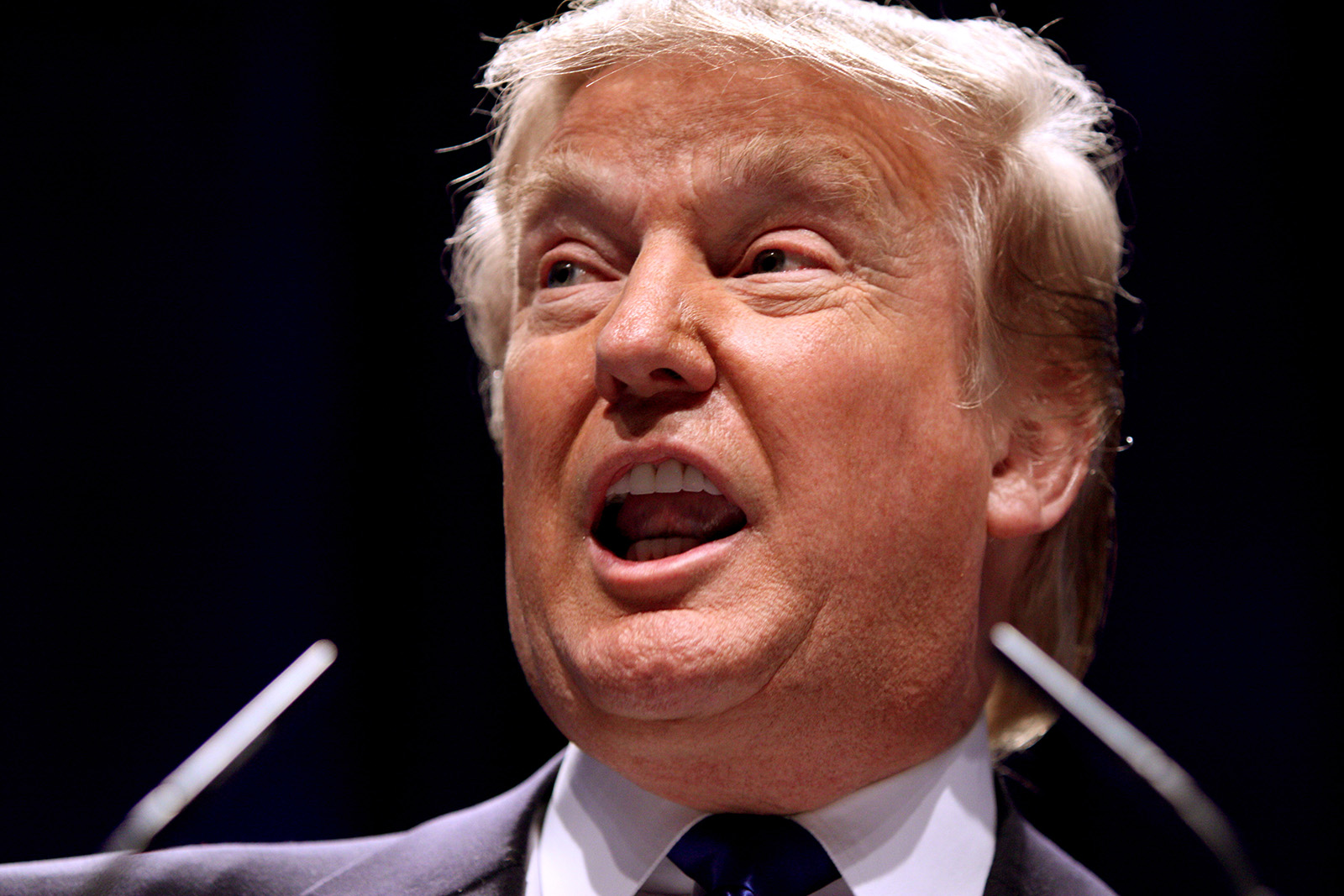Q&A: Law professor discusses nature, limits of executive orders

President Donald Trump has issued eight executive orders and 12 presidential memoranda since taking office on Jan. 20. (Creative Commons photo by Gage Skidmore via flickr)
By Pablo Munoz
Feb. 8, 2017 9:17 p.m.
Following the announcement of President Donald Trump’s executive order halting the acceptance of refugees and citizens from seven Islamic countries, the Daily Bruin’s Pablo Muñoz discussed presidential powers with UCLA Law professor Jon Michaels. Michaels, who specializes in the distinctions between the branches of federal government and laws pertaining to national security, explained how executive orders can and cannot be used to shape national policy under the current political system.
Daily Bruin: What is an executive order?
Jon Michaels: Executive orders are generally directives to executive branch officials to restructure their organizations or alter their approaches or methodologies (in light of presidential priorities), in furtherance of their statutory responsibilities.
An executive order can’t take the form of ‘Auto manufacturers have to limit their fleets by 20 percent’ because those operate directly on the public. What you can do is issue your staff to direct in a certain way.
DB: What are your thoughts on Trump’s executive order restricting entry of refugees and citizens of certain Muslim-majority countries?
JM: I don’t think the directive, the way it was written, is legal.
The law is such a mess. It’s a little unusual for an executive order to not have the Department of Justice involved. It’s reflective of the fact that the administration is somewhat disdainful of the officials that already work in government.
Some of the orders he’s issued have been largely messaging to the public, but don’t carry the full force of the law. For example, with the wall, there’s no reason it had to be issued by executive order. The president could have had the Department of Homeland Security or the secretary of transportation focus on strengthening the wall on the southern border, using a discretionary fund.
DB: You mentioned “full force of the law.” Just because an order is issued by the president, does that mean it is law? Are their limitations to the orders?
JM: There are laws, which are passed by Congress and carry the full force of law. Rules are created by agencies and are pursuant to the powers granted to those agencies; rules are subject to judicial review and once passed have the force of law. Within the scope of what’s already been decided as law, there is power to work within the bounds. It’s something the president already has complete control over. For example, (Executive Order) 12333 historically has prohibited intelligence officials from engaging in political assassinations. (Executive orders are) things telling people to do something or not do something.
DB: Moving to the executive order on the border wall, is it within the president’s authority to order its construction?
JM: The wall will eventually require support, because you need money to build a wall, and DHS has a discretionary fund, but once that runs out, they have to go back to Congress for money. Even if Mexico were to say, “Fine,” and cut a check, the president can’t just say to someone, “Here, go to the Home Depot and buy the supplies.” The money has to go into the Treasury and then its spending has to be authorized by Congress. They control the purse strings. The executive branch can’t spend money.
DB: Do you think there will be formal challenges within the federal government against the scope of the orders?
JM: The president has a constitutional authority to issue executive orders. If (the orders) go beyond the scope of his presidential domain, Congress can negate his orders if they limit his orders, they cut funding to limit the effect his executive orders, or they could impeach.


